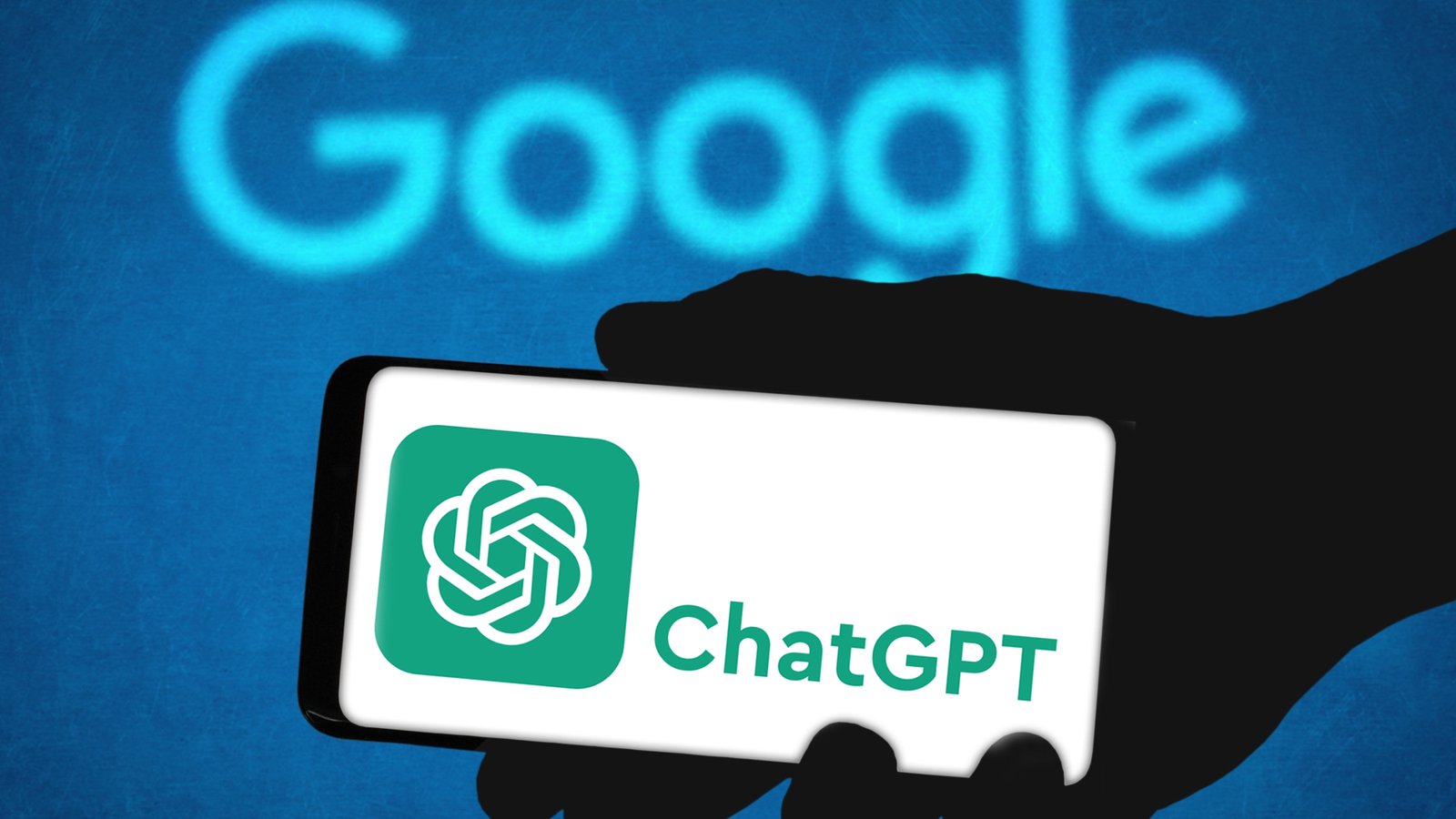In today’s digital age, privacy concerns are more relevant than ever. For users of AI chatbots like ChatGPT, the potential for personal information to be indexed and made publicly accessible on search engines like Google is alarming. Although OpenAI has implemented measures to limit the visibility of conversations, instances of conversation links appearing in search results have raised questions about user privacy and data security.

This article aims to guide you through the steps necessary to prevent your ChatGPT conversations from being indexed by Google. We will explore the implications of sharing personal information in your chats, how OpenAI manages conversation visibility, and the best practices to ensure your discussions remain private. By following these recommendations, you can enjoy a more secure and private experience with ChatGPT.
Understanding Google Indexing and ChatGPT
Before diving into preventive measures, it’s crucial to understand how Google indexing works and how it relates to ChatGPT. Google indexes publicly available content, making it searchable for users worldwide. This means that if a conversation containing sensitive or personal information is shared publicly—intentionally or otherwise—it could become indexed and appear in search results.
How ChatGPT Handles Conversations
ChatGPT does not automatically share your conversations. By default, the option for conversations to appear in search engines is disabled. However, users need to be cautious about the content they share within these chats. Even if an option is disabled, certain actions, such as sharing links or enabling specific features, could inadvertently expose your conversations to search engines.
The Risks of Sharing Personal Information
When engaging with AI chatbots like ChatGPT, sharing personal information can have serious consequences. Not only can it affect your privacy, but it may also lead to identity theft or other security breaches. Understanding these risks is the first step in protecting yourself during your interactions.
Types of Personal Information to Avoid
Here are some types of personal information that you should avoid sharing while using ChatGPT:
- Full Name: Sharing your full name can lead to identity theft.
- Address: Your home address can be used for malicious purposes.
- Phone Numbers: Sharing your phone number can lead to unwanted contact or scams.
- Financial Information: Bank details, credit card numbers, and other financial information should never be shared.
- Social Security Number: This is one of the most sensitive pieces of information and should remain private.
Best Practices for Maintaining Privacy in ChatGPT
To ensure that your conversations with ChatGPT remain private, consider implementing the following best practices:
1. Limit Personal Information
As a general rule, avoid sharing any form of personal information during your chats. The less information you provide, the lower the risk of it being indexed or misused.
2. Use Anonymity Features
If available, use features that allow you to interact with ChatGPT anonymously. This may include using a pseudonym or an anonymous email address when registering for the service.
3. Regularly Review Privacy Settings
Stay updated with OpenAI’s privacy policy and ensure that your settings are configured to maximize your privacy. Check for any updates regarding the visibility of your conversations and take necessary actions as needed.
4. Avoid Sharing Links
When interacting with ChatGPT, refrain from sharing links to your conversations. Even if the content seems harmless, it could lead to unintended indexing.
Common Mistakes Users Make
Many users unknowingly compromise their privacy by making common mistakes. Being aware of these can help you avoid pitfalls that may expose your conversations.
- Assuming Conversations Are Completely Private: Many users think their chats are automatically private, which may not always be the case.
- Over-sharing Details: Even seemingly innocuous information can be used against you.
- Neglecting Privacy Settings: Failing to review and adjust privacy settings is a common oversight.
- Ignoring Platform Updates: Updates to the platform may change how conversations are handled.
Frequently Asked Questions (FAQ)
1. Are my ChatGPT conversations private by default?
Yes, by default, conversations are not indexed for search engines. However, you should still avoid sharing personal information.
2. What happens if I share a link to my ChatGPT conversation?
Sharing a link can potentially expose your conversation to indexing, thus making it searchable on Google.
3. Can I delete my ChatGPT conversation history?
Yes, you can usually delete your conversation history via your account settings, but be sure to check the platform’s specific guidelines.
4. How can I know if my conversations are indexed by Google?
You can check Google by searching for specific phrases from your conversation. If they appear in search results, they may be indexed.
5. What should I do if my personal information is indexed online?
If your personal information appears online, consider contacting the website hosting the content and request its removal. You can also consult a professional for further assistance.
Conclusion
Maintaining privacy while using AI chatbots like ChatGPT is essential in today’s digital landscape. By following the best practices outlined in this article, you can significantly reduce the risk of your conversations being indexed by Google or otherwise compromising your personal information. Always remain vigilant, regularly review your settings, and educate yourself about the implications of sharing information online. In doing so, you can enjoy a safer and more secure experience with ChatGPT.
📰 Original Source
Este artigo foi baseado em informações de: https://tecnoblog.net/noticias/links-de-conversas-com-chatgpt-estao-aparecendo-no-google-saiba-como-evitar/



